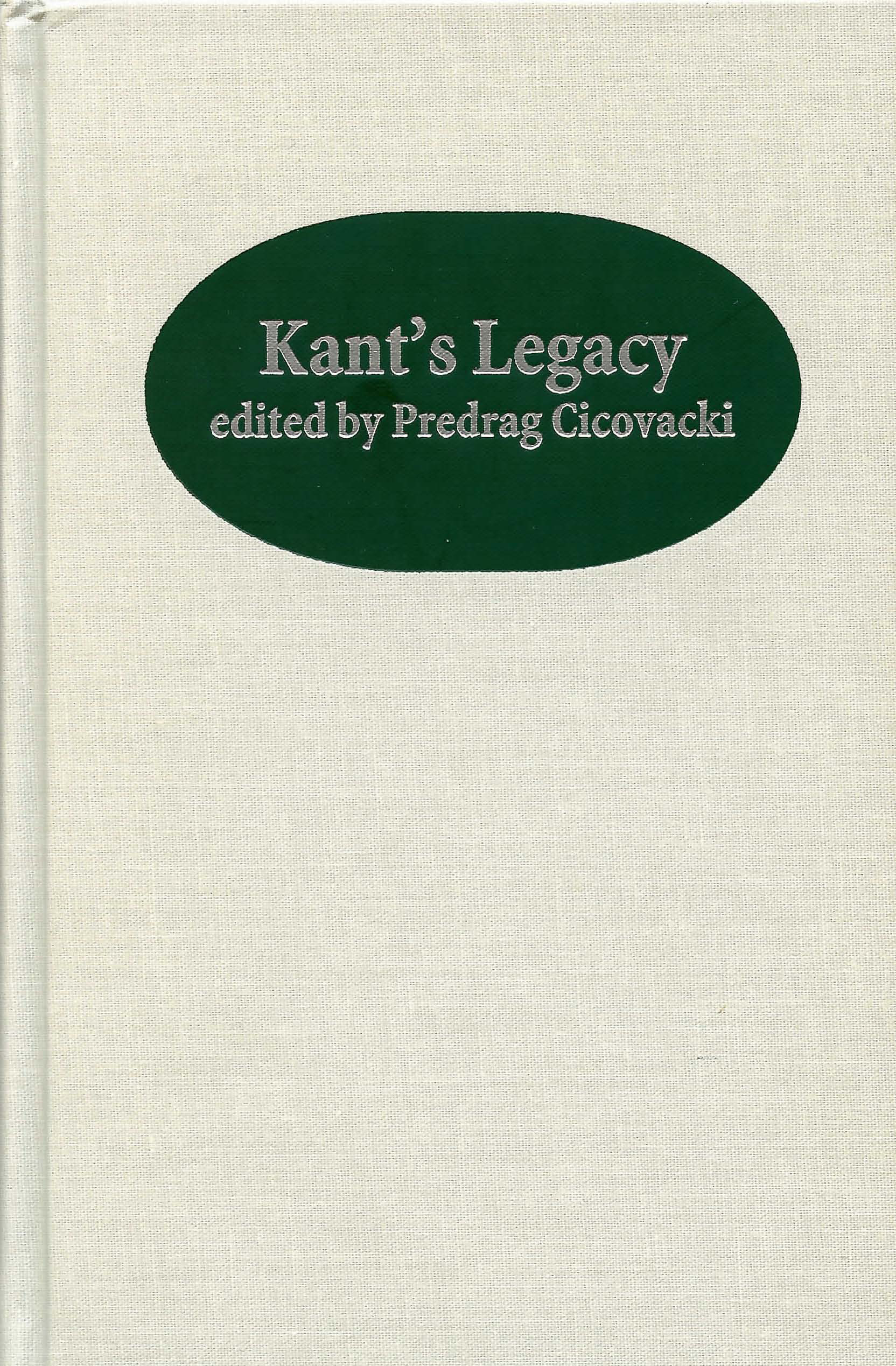Which Freedom?
Published online by Cambridge University Press: 22 March 2023
Summary
I. Introduction
Many a topic would be appropriate for a volume dedicated to Lewis White Beck, but none more so than that of the nature of the freedom of rational actions as envisaged by Kant during his Critical period, together with the companion issue of the compatibilism of such freedom with the causal necessitation of events of nature championed in the Second Analogy of the Critique of Pure Reason. Beck himself devoted much thought to these matters throughout his long life, both in his works on Kant and in his own systematic writings such as the early essay, “The Psychophysical as a Pseudo-Problem,” the later “Conscious and Unconscious Motives,” and the still later Cassirer lectures, The Actor and the Spectator.
Beck also has chronicled Kant’s own, slowly developing and changing conceptions of freedom and its compatibilism, in particular Kant’s youthful quasi-Leibnizian effort (in his New Elucidation of the First Principles of Metaphysical Cognition, of the year 1755) and his later, mature conception of these issues in the Critique of Pure Reason and in his Critical moral-practical works. Superficially, both of these attempts of Kant’s have a number of elements in common. Both hold that the conditions which make for the freedom of rational actions are in some sense wholly inner or internal to the agent. Both also hold that such actions and their freedom are indeed in some sense compatible with natural causal necessitation. Kant always strove to be a compatibilist. But during his Critical period his conception of the internal grounds of action is more refined than it had been in 1755; Kant now portrays free actions as having a first, or absolute, or unconditioned beginning in the agent, whereas such a portrayal cannot be found in 1755. What is more, Kant in the 1780s and thereafter regards free actions as in an important sense indeterminate, whereas New Elucidation treats actions of this sort as deterministic in the fashion of all other states or events subject to the Principle of Sufficient Reason.
The just-mentioned three criteria—internality, unconditionedness, and indeterminateness of free actions or their grounds—are definitive of Kant’s mature action theory. I will first take up these three criteria and will then discuss a number of interpretations of Kant’s theory, in the hope of making some progress in identifying the view of freedom and its compatibilism which our philosopher held during his Critical period.
- Type
- Chapter
- Information
- Kant's LegacyEssays in Honor of Lewis White Beck, pp. 197 - 226Publisher: Boydell & BrewerPrint publication year: 2001
- 1
- Cited by



